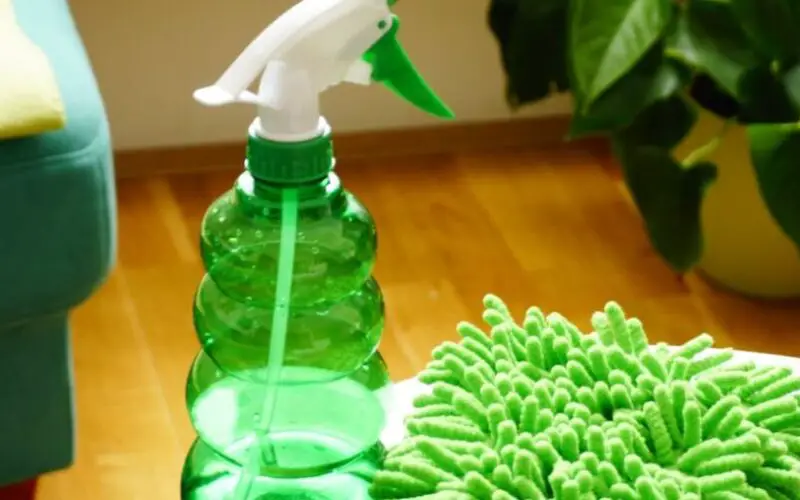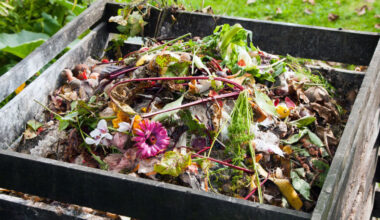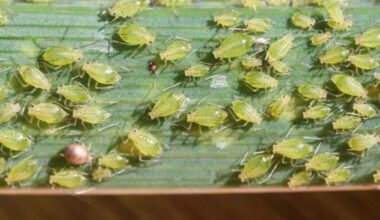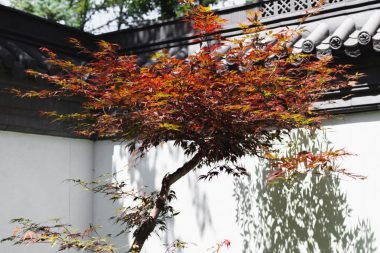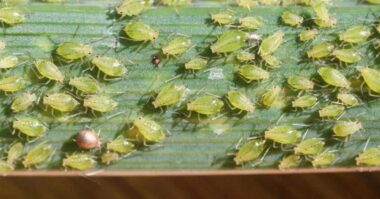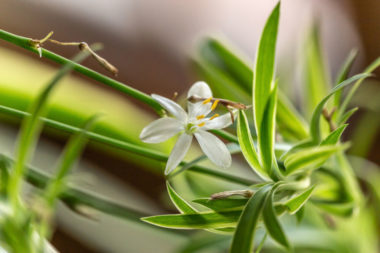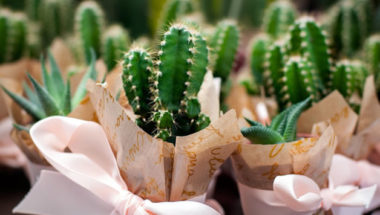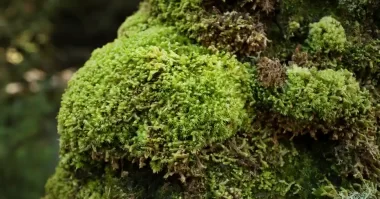White vinegar is an impressive product in the face of all the tasks it is challenged to accomplish: cleaning windows, descaling pipes, degreasing, disinfecting, staining, scouring, and deodorizing all surfaces…
However, it can also prove to be essential for the plants of interiors, here are 7 ways to use the vinegar on your plants.
Contents
Is it possible to use vinegar on houseplants?
Yes, there is no problem with using vinegar on your indoor plants, nor is there any problem with using vinegar on outdoor garden plants. In fact, vinegar is often useful when used properly.
Your gardening tools can also benefit from its virtues.
If you are tired of working with rusty tools, apply pure vinegar to them and they will be clean after rinsing. Another good alternative is to soak the tools directly in pure vinegar. Either method is effective and easy to use.
We can therefore conclude that white vinegar in the garden is the best ally you have at home without knowing it.
7 Ways to Use Vinegar on Houseplants
1) To scare ants away without chemicals
If you are invaded by ants, don’t hesitate to apply some to areas where ants are passing by, and don’t forget the door and window frames if they have set their sights on your garden shed or one of your greenhouses.
2) For flowers that last longer
If you have cut some flowers from your garden to put in a vase or even if you have been offered some, you can add two tablespoons of white vinegar and one teaspoon of sugar to the water in the vase. This will make them last much longer and it also works to make the roses last!
3) Help some flowers bloom
There are different types of soil, which can make gardening much more difficult! Some flowers can only bloom in acidic soil (azaleas, gardenias, hydrangeas, rhododendrons…) and if yours is not, you can still be tricky and give your plants a boost by watering the soil weekly with a mixture of four liters of water for 8.45 fl oz of white vinegar.
4) Against fungus and mould
If molds are after plants in your garden, white vinegar will help you like no other! Against fungus and mold, couple the fungicidal effects of vinegar to a simple chamomile infusion by adding two teaspoons of vinegar. Spray on affected plants.
5) Drive away felines
You can have no problem with cats without wanting your neighbor’s cats to come to your yard to do their business or do their scratching! Against that, nothing can stop you from spraying a little vinegar where you don’t want them to go. And of course, it is non-toxic for them.
6) To chase away pests and nuisances
If you have a problem with unwanted aphids or other insect pests instead, fill a spray bottle with a mixture of three parts water, one part vinegar and a teaspoon of dishwashing liquid and spray it on the leaves to be treated. Don’t force the vinegar too much, thinking that it will make the mixture more effective… you could harm your plants!
7) Help the seeds to germinate
You’ve planted seeds, but they don’t seem to want to stick out and germinate? Some plants have indeed more difficulty to germinate than others (sunflowers, asparagus…). Take things in hand by soaking them in a mixture of 17 fl oz of water, 4 fl oz of white vinegar and a drop of organic dishwashing liquid for at least one full night.
Summary
It is well known that many of the products we have at home are suitable for other uses beyond those for which they were created. White vinegar, without a doubt, is one of them. But did you know that it can also be useful for your houseplants?
We are often unaware of the properties of the products we use every day. That’s why we use chemicals as the first choice to solve the problems of our houseplants. We propose 7 ways to use vinegar on your plants.
